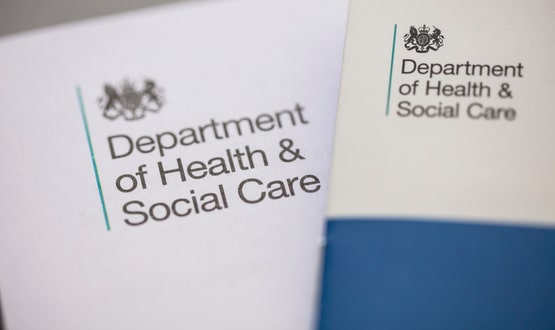PCTs not funding essential practice upgrades
- 23 September 2005
GP representatives are collecting information about IT funding problems faced by general practices after anecdotal reports that GPs are being denied essential upgrades.
The British Medical Association’s General Practitioner Committee (GPC) says it is receiving increasing numbers of reports that practices are facing problems for two reasons.
First, the GPC claims some primary care trusts are refusing to upgrade systems where the PCT does not have a contract with a supplier despite an agreement earlier in the year on system choice. Secondly, other PCTs simply say they have no money to upgrade systems.
Dr Paul Cundy, chairman of the GPC’s IT –subcommittee, said many PCTs were unwilling to abide by the spirit of the agreement on system choice, which should allow GPs to continue to have support for systems supplied by EMIS, InPractice Systems, The Phoenix Partnership and iSOFT wherever they practise.
He told EHI Primary Care: "Some PCTs are being stupid by refusing to upgrade kit because the contractual details have not been published. That’s not very helpful for GPs whose kit is beginning to crumble."
Dr Cundy said the GPC now wants to know the extent of the problem faced by GPs. Local medical committees have been asked to submit information on what has been spent on practice IT maintenance and upgrades, what has been requested and turned down due to a lack of funding, whether upgrades have been made conditional upon Choose and Book and whether PCTs are providing funding for locum cover and staff overtime to cover the cost of training.
Dr Trefor Roscoe, a GP in Sheffield and member of the GPC’s IT committee, said the problem was that although the new GMS contract specifies that PCTs must now provide 100 per cent reimbursement for practice IT, there are no minimum specifications about what a PCT must provide. He said that while some PCTs were investing heavily in IT others were not.
Dr Roscoe said his own practice of 10,000 patients has two sites linked by a 64Kb line and is still running several terminals on Windows 98.
He told EHI Primary Care: “We need between £20,000- £25,000 to become paperlight and we were told verbally by the PCT that funding would be available if we took part in Choose and Book. We agreed to do that but the implementation of Choose and Book is running into difficulties due to problems in secondary care in Sheffield and so the PCT may not get all its funding which puts into question all our funding.”
Dr Roscoe said the problem was that PCTs were able to argue that practice systems were ‘fit for purpose’ if a practice was able to still function using the old technology but that without new investment practices would be unable to meet the future demands of the NHS.
He added: “It’s going to involve the investment of literally tens of thousands of pounds but if they don’t do it then the whole concept of the NHS Care Records Service will become fairly academic.”




